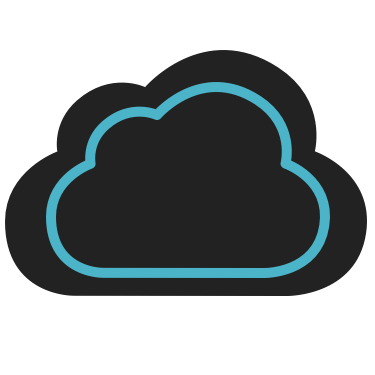Orion Licensing Solutions From An Industry Perspective
Whether you are an ISV seeking an enterprise licensing solution, an embedded system vendor with unique operating system platform requirements, or a cloud service provider who requires a scalable Internet-protocol license server, our licensing technology and solutions have specific features and capabilities targeted at your industry’s unique parameters.
Enterprise licensing for Enterprise Software ISVs
From a licensing perspective, enterprise software is characterized by diversity, complexity, multiple users, and a multilevel authorization and security model. That is, enterprise software licensing is not limited to a simple (and inadequate) LAN based floating license server deployment: in order to properly address its requirements, it is necessary for a licensing solution to:
- support complex license configurations of multiple license pools and server licenses in a simple and manageable way;
- delegate administration of license pools to the enterprise customer;
- provide the enterprise administrator with the ability to track and control software assets and license usage within the end customer organization;
- give the enterprise customer deployment options that are in tune with modern network environments, in particular wide area networks and the cloud; and
- support the programming languages and platforms that are common in enterprise application environments.
All these requirements play into Orion’s strengths via its support for complex enterprise license configurations, auditing, modern deployment environments and enterprise platforms and programming languages.
Learn about how Orion’s features apply to enterprise licensing..
Licensing Technology for Embedded System Manufacturers
The role of licensing technology for embedded systems is to enable monetization through innovative pricing models. The means by which licensing technology helps achieve this objective is primarily by limiting access to advanced features so they can be priced based on features, subscriptions and / or concurrent-device limits. This is achieved by embedding licensing library in the device firmware or real time operating system and connecting it directly or indirectly to a hosted license server. A licensing solution for embedded systems should accordingly:
- support complex license configurations of license pools, feature licenses and leased licenses in a simple and manageable way; and
- be available for custom and non-standard embedded system platforms.
Orion’s comprehensive licensing parameters and models, together with its support for non-standard embedded systems platforms, make it especially suitable for embedded systems.
Learn about the benefits of using Orion software license management for embedded systems.
License Management for Hardware-Software System Integrators
The role of licensing technology for hardware/software systems is to enable monetization through innovative pricing models. The means by which licensing technology helps achieve this objective is primarily by limiting access to advanced features so they can be priced based on features, subscriptions and / or concurrent-device / user limits. A licensing solution for hardware / software systems should accordingly:
- support complex license configurations of license pools, feature licenses and leased licenses in a simple and manageable way; and
- be available for non-standard embedded system platforms.
Orion’s comprehensive licensing parameters and models, together with its support for non-standard platforms, make it especially suitable for hardware / software systems.
Learn about the benefits of using Orion software license management for hardware / software systems.
User and Enterprise Licensing for Cloud Services
The benefit of licensing technology for cloud services is more effective monetization than is realizable through simple homegrown user subscription and feature management. For cloud service providers that market to both individual users and enterprises, licensing technology can be used to significantly reduce the cost of deployment and operations. The means by which licensing technology helps achieve this objective, over and above basic subscription and feature licensing, include controlling the degree of sharing of subscriptions among users, and providing cloud based enterprise licensing to enterprise customers. This is achieved by embedding the licensing library in the cloud server system. A licensing solution for cloud services should accordingly:
- support Internet-hosted floating licensing for enterprises;
- scale to very large numbers of concurrent users;
- provide mechanisms to perform remote node locking of arbitrary mobile and other devices connected to the cloud; and
- provide mechanisms to control the degree of sharing of licenses among named users.
Orion’s Internet-centric architecture is especially suited for license-enabling cloud-based services.
Licensing Solution for Start-up ISVs
Cash flow and risk management are key challenges faced by startup and small business ISVs launching unproven technology products in the market place. The lean startup methodology advocates repeatedly failing quickly and inexpensively until the right customer fit and product fit are achieved. Then and only then should capital outlay be incrementally added in proportion to business volume, in order to implement additional monetization features into the products. Among other things, this means that ISV startups need to rely on cloud services for infrastructure, and the services should be flexible, i.e. they should be able to scale with the startup’s growth. Licensing technology is one such necessary infrastructure component.
- offer a flexible licensing subscription service with a low monthly subscription entry point;
- scale to very large number of concurrent active licenses; and
- offer a growth path for the ISV, by making high-end features available from day one at the low-price entry point.
Agilis’ elastic monthly-subscription based Nephele hosted licensing service is perfectly suited to this requirement.





